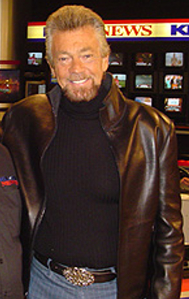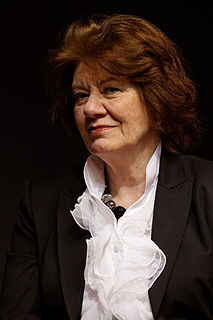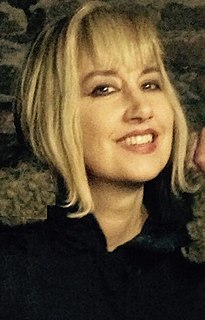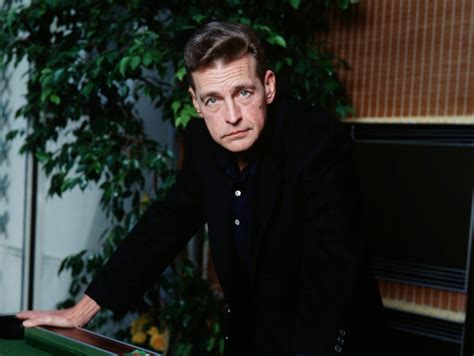A Quote by Stephen J. Cannell
I finally get to the place where the book has matured in my mind and I can hardly wait to start writing it. Then I just sit down and I start. I hit the go button. I have an outline, which is 70 pages, but I don't look at it. I never have to look at it.
Related Quotes
I might spend 100 pages trying to get to know the world I'm writing about: its contours, who are my main characters, what are their relationships to each other, and just trying to get a sense of what and who this book is about. Usually around that point of 100 pages, I start to feel like I'm lost, I have too much material, it's time to start making some choices. It's typically at that point that I sit down and try to make a formal outline and winnow out what's not working and what I'm most interested in, where the story seems to be going.
Well, first you have to love writing. A lot of authors love having written. But I enjoy the actual writing. Beside that, I think the main reason I can be so prolific is the huge amount of planning I do before I start to write. I do a very complete, chapter-by-chapter outline of every book I write. When I sit down to write, I already know everything that's going to happen in the book. This means I've done all the important thinking, and I can relax and enjoy the writing. I could never write so many books if I didn't outline them first.
You sit and you let your fingers go to wherever they are going to go. You wait until you start to hear something, and you start to figure out what it is that you're doing. And then you add another piece next to that piece, and wait to see if some kind of pattern or something interesting starts to grow, and then you cultivate it.
Just work. Don't wait. Everybody's waiting until they have the perfect idea to start working. Even if you have an inkling of what you want to do, start moving towards it. And it's going to flesh itself out through the process of moving towards the goal. And by the time you get to where you're going to be, it's not going to look anything like it did when you sat on the couch thinking about it. And if you wait until it's perfect in your head before you get of the couch and start working on it, that's never going to happen.
I think any start has to be a false start because really there’s no way to start. You just have to force yourself to sit down and turn off the quality censor. And you have to keep the censor off, or you start second-guessing every other sentence. Sometimes the suspicion of a possible false start comes through, and you have to suppress it to keep writing. But it gets more persistent. And the moment you know it’s really a false start is when you start … it’s hard to put into words.
How do I start writing a book? I sit there, I come up with an opening line, and then I go little by little. I'll wonder, Well, what's coming? And that goes right through to the very end. For over a dozen years now, I've had a recurring dream where I'm reading a book and the pages are blank, but as I read, the words come to exist as fast as my eyes can move. Strange, strange thing.






































